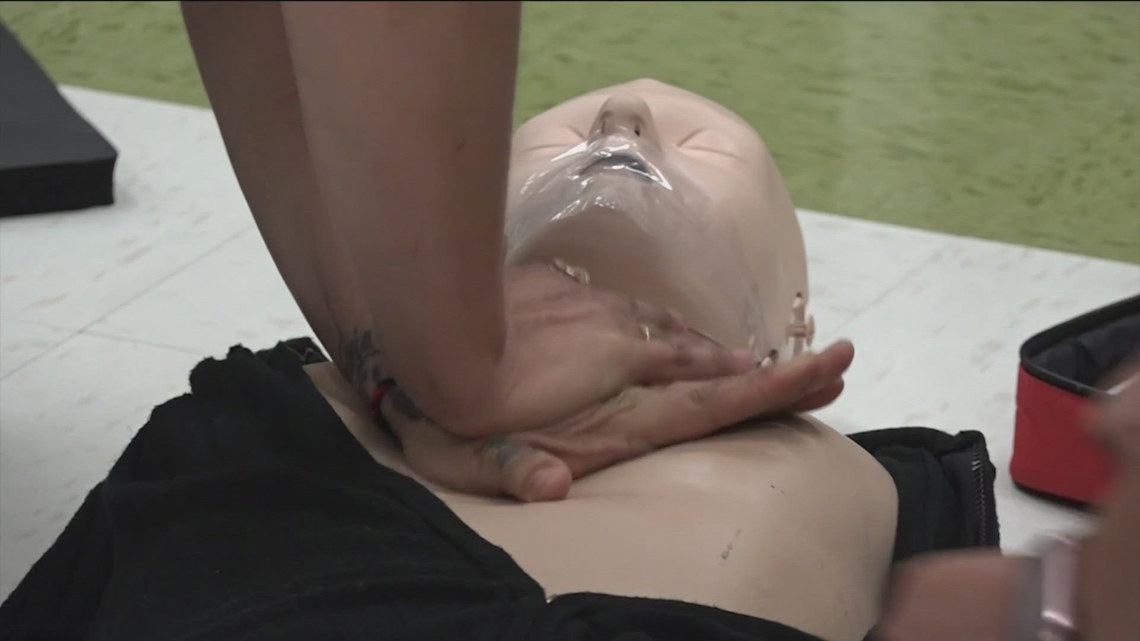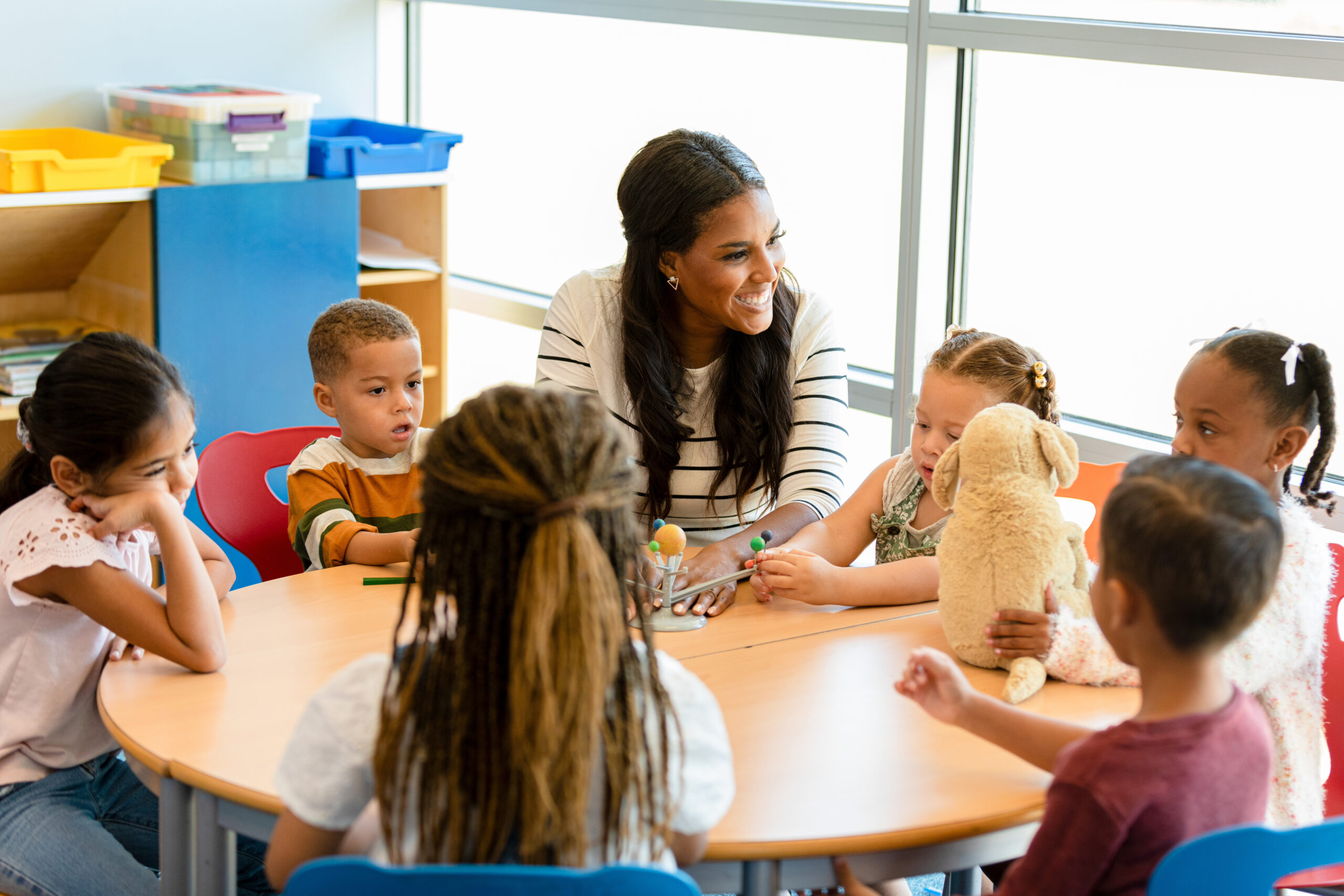Initiatives in Progress to Support Spanish-Speaking Families in Caring for One Another

Local Nonprofit Empowers Families with Vital Life-Saving Skills During Hispanic Heritage Month
As we celebrate Hispanic Heritage Month from now until October 15, it’s a time to recognize the incredible contributions of Hispanic Americans to our communities. In Austin, Texas, one nonprofit organization, Go Austin/Vamos Austin (GAVA), is stepping up to provide meaningful education and support for families, particularly for Spanish-speaking households that often rely on a close-knit network for child care.
The Importance of Community in Child Care
For many Latino families, the concept of family extends beyond blood relations to include friends and neighbors who play pivotal roles in child-rearing. According to a recent report, 55% of Latino families depend on a parent or extended family member for child care services. This reliance emphasizes the essence of community, a characteristic that Adalia Rodriguez Lopez, an immigrant from Mexico, describes as “really helpful” and essential for her family and many like hers.
Meeting the Need with Life-Saving Skills
Recognizing the unique challenges these families face, GAVA has initiated a program specifically designed to empower parents and caregivers with essential life-saving skills like CPR. Many community members express hesitance about placing their children in daycare centers due to concerns about communication, differing cultural practices, and overall safety.
“The lack of communication or confidence can be overwhelming for parents,” explains Gisela Sance, a caregiver and community organizer with GAVA. “Many times, the centers don’t share our same cultural values, which can lead to fear about leaving their kids.”
Breaking Down Barriers
This initiative is not just about imparting skills; it’s also about breaking down barriers. With many immigrants navigating the complexities of health insurance and medical procedures in a new country, programs like this offer critical education. Sance, who took the class herself two years ago, believes that it’s vital to share this knowledge with others, especially those who might feel lost in the American healthcare system.
She states, “A lot of people don’t know how to get health insurance. It’s essential to teach them these life-saving skills and how to access medical care, especially those coming from different backgrounds.”
Building a Better Future Together
The impact of these classes is profound. They create a bond not just between the caregivers and the children they look after but also among the caregivers themselves. The lessons learned go beyond just CPR; they nurture a sense of community, love, and respect that every child deserves while growing up.
“We are giving love, respect, trust, and taking care of the kids with a lot of love and with our heart,” shares Sance. Her sentiments resonate deeply with many participants who find that they are not just acquiring a new skill but also rekindling the age-old saying, “It takes a village to raise a child.”
Personal Growth through Community Engagement
Rodriguez Lopez reflects on her experience with the program, sharing, “They are teaching me to be a better mom. They are teaching me to help my community and the Latin people.” This statement encapsulates the essence of what GAVA aims to achieve—empowering individuals to uplift themselves and their communities.
The Broader Impact
Initiatives like the free CPR classes organized by GAVA during Hispanic Heritage Month highlight an essential narrative within the broader discourse of community support and engagement. Amid the celebrations of culture, tradition, and heritage, it is critical that we also recognize the contemporary issues that families are grappling with.
As Austin’s Latino population continues to grow, programs that promote health and well-being become ever more crucial. They not only underline the need for reliable care for children but also emphasize the importance of fostering community ties and providing culturally appropriate resources that resonate with families.
Conclusion
As Hispanic Heritage Month unfolds, it serves as a timely reminder of the strength found within community, particularly for marginalized groups. Organizations like Go Austin/Vamos Austin are not merely filling the gaps; they’re lighting the paths toward a more cohesive, informed, and empowered future for Latino families. By teaching essential skills and nurturing community, they are indeed investing in a healthier and more supportive environment for all.
To learn more about GAVA and how you can get involved in empowering families in Austin, visit their website and consider lending a hand during this vital celebration of culture and community.



